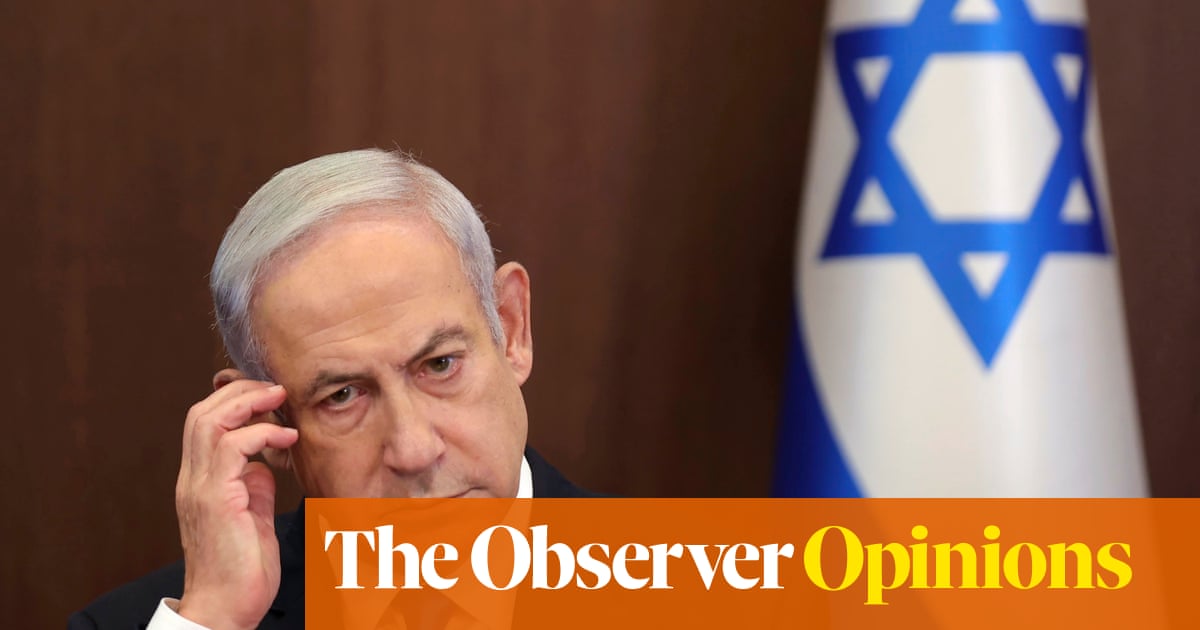
As Turkey hurriedly evacuates the militants it has backed in Idlib, while Syrian government forces and their allies stand poised to seize the province, the endgame in this seven-year conflict is approaching. But the outlook is complicated by competing interests seeking personal advantage.
As Russia completed the third year of its military intervention in Syria on Sept. 30, it had much to celebrate. The Astana alliance of Russia, Iran and Turkey remains united and is even now the only entity pursuing a credible peace process. Following the Sochi national dialogue conference in January this year, the three sponsors are now promoting committees to shape the new constitution.
Over the last two months, about 1.5 million displaced people have reportedly returned home. Russia is now actively engaged with Turkey, Lebanon, Iraq and Jordan, where the bulk of the refugees are now based, to facilitate their quick return.
Moscow has also significantly upgraded Syria’s defense capabilities, putting constraints on the freedom previously enjoyed by Israel over Syrian skies. But its engagement with Israel will continue, as the latter depends on Russia to manage Iran’s military role in Syria so that Israel’s security is not jeopardized.
A positive and constructive Arab approach to Syria would certainly facilitate the peace process, encourage the country’s warring factions to enter into dialogue and shape their country’s new constitution and its political destiny
Talmiz Ahmad
So far, the outlook relating to peace in Syria has been clouded by the fact that the “small group” of countries — the US, with France, the UK and Germany plus the likes of Egypt and Jordan — have been committed to a Syria without the Assad regime. This position could perhaps change, not only due to Bashar Assad’s military successes, but also due to their own interests being served by a quick settlement in Syria. Egypt and Jordan see little likelihood of Assad’s ouster and the Europeans would like to back peaceful conditions to address the refugee problem.
A positive and constructive Arab approach to Syria would certainly facilitate the peace process, encourage the country’s warring factions to enter into dialogue and shape their country’s new constitution and its political destiny. Above all, it would ensure the integrity and sovereignty of the Syrian nation.
The last issue promises to be the most serious challenge. The Syrian Kurds, backed by about 2,200 US armed personnel, are firmly entrenched in northeast Syria, east of the Euphrates, in the area known as Jazira. The Syrian government and its allies in the Astana process view this as a US effort to entrench the Kurds in their “homeland” and permanently partition the country.
In early September, the US Representative for Syria Engagement James Jeffrey, reversing President Donald Trump’s earlier statements that US troops would be returning home “very soon,” said the US’ new goals in Syria included the withdrawal of Iranian forces and Tehran’s proxies and the “establishment of a stable, non-threatening government acceptable to all Syrians and the international community.”
The unity of the Astana triumvirate has been strengthened by this aggressive US posture. While Russia and Iran reject the partitioning of Syria on an ethnic basis and view the US presence as disruptive for regional stability, Turkey sees the consolidation of the Kurdish homeland at its border as a serious security threat. President Recep Tayyip Erdogan has threatened military action, saying that “Turkey will take action east of the Euphrates River and impose secure zones.”
Another source of division between the Astana group and the Western allies is the question of reconstruction in Syria. As the conflict goes through its last convulsions, the government has recognized the need to take up the daunting task of rebuilding the country’s destroyed cities so that national unity and normal life can be facilitated. Estimates about the costs involved range from $200 billion to even $1 trillion in a 15-year timeframe. However, Western nations have refused to participate in this effort until a new political order is in place — clearly one without Assad — so immediate reconstruction will be restricted to areas under Western control, i.e., the Jazira area under the Syrian Kurds.
In a recent Brookings Institution study, Steven Heydemann challenged the view that Syria under Assad is a “fragile” state and thus amenable to external coercion to reform. He describes the state as “fierce,” one which prioritizes survival and, with the support of ruling elites, is likely to ensure continuity rather than change. He concludes that the regime will robustly pursue reconstruction to ensure the consolidation of the authoritarian order.
National unity and reconstruction will thus be of the highest importance for the Assad government. Syria’s friends, such as Russia, Iran, Turkey and, very likely, China, will back government efforts in both areas. It remains to be seen how resilient the US opposition will be.
Talmiz Ahmad is an author and former Indian diplomat who holds the Ram Sathe Chair for International Studies, Symbiosis International University, Pune, India.
Disclaimer: Views expressed by writers in this section are their own and do not necessarily reflect Arab News" point-of-view












